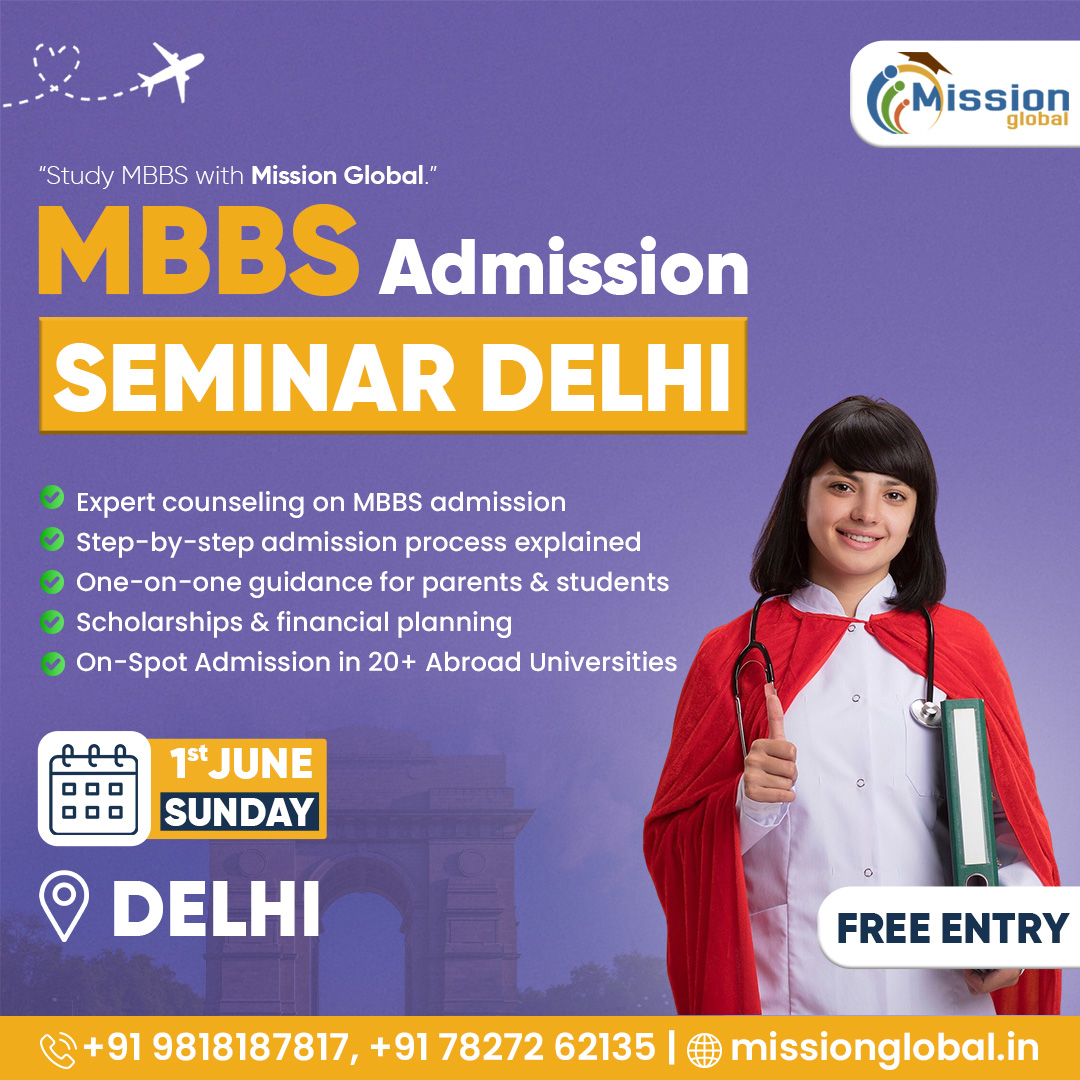Studying MBBS abroad has become a promising pathway for aspiring medical students, especially with limited seats and high competition in India. Every year, thousands of students opt for countries like Russia, Ukraine, the Philippines, Georgia, and others to pursue a globally recognized medical degree at an affordable cost. But before you take the leap, preparation is key. At CollegePen, we’ve guided hundreds of students to successful admissions, and here are our best tips to help you study MBBS abroad.
1. Research the Right Country and University
Each country has its pros and cons—cost, climate, medium of instruction, global recognition, and safety. Choose a country that fits your goals. For example:
- Russia and Kazakhstan offer low tuition and globally ranked government universities.
- Belarus provides US-style medical education with English as the medium.
- Georgia and Kazakhstan have simplified visa processes and affordable living.
Always check if the university is recognized by NMC (India), WHO, and other global bodies.
2. Check Eligibility and Admission Criteria
Different countries have different requirements. Most need:
- A minimum of 50% marks in PCB (Physics, Chemistry, Biology) in Class 12.
- A NEET qualifying score for Indian students (mandatory for NMC eligibility).
- Valid passport and basic documents like birth certificate, medical test, etc.
Confirm these details before applying to avoid last-minute surprises.
3. Choose a Trusted Consultancy
A reputed education consultancy like CollegePen helps with:
- University shortlisting based on your budget and preferences.
- Application and documentation support.
- Visa processing and pre-departure orientation.
- Post-arrival support including hostel, local SIM, and registration help.
Avoid middlemen and unauthorized agents—always work with verified consultants.
4. Understand the Fee Structure
Don’t fall for just “low fees.” Check:
- Tuition fees (annual and total)
- Hostel and living expenses
- Currency exchange rates
- Any hidden charges like insurance, admin fees, or local registration
Make a complete cost estimate before finalizing your decision.
5. Learn the Local Language (Basic)
Even if classes are in English, knowing the local language helps during:
- Clinical rotations and hospital practice
- Daily life, travel, and communication
- Making local friends and adapting better
Many universities offer local language training in the first year—take it seriously!
6. Adapt to a New Culture
Be open-minded. Studying abroad isn’t just about academics—it’s a life experience. Embrace:
- New food habits
- Weather conditions (especially in colder countries)
- International etiquette and discipline
Stay focused, but also explore and enjoy the journey.
7. Plan for FMGE/NExT Early
To practice in India after completing MBBS abroad, you must pass the Foreign Medical Graduate Examination (FMGE) or NEXT (National Exit Test) in the future.
- Choose a university with strong clinical training.
- Start FMGE-focused preparation from your 3rd or 4th year.
- Join coaching if needed—many offer online options while you’re abroad.
8. Network with Seniors and Alumni
Reach out to Indian seniors in your chosen university. They can guide you on:
- What to carry from India
- How to adjust initially
- Tips for study, cooking, and safety
Join university-specific student WhatsApp groups or online forums.
Final Thoughts from CollegePen
Studying MBBS abroad is a smart and life-changing decision—but only if taken wisely. At CollegePen, our mission is to simplify this journey with accurate guidance, transparent processes, and student-first support from start to finish.
If you’re considering MBBS abroad and need expert help, reach out to CollegePen today—your future in medicine begins with the right advice.
Follow us on [Instagram/Facebook/LinkedIn] for more MBBS abroad tips and student stories!
– Team CollegePen | Trusted MBBS Abroad Guidance
